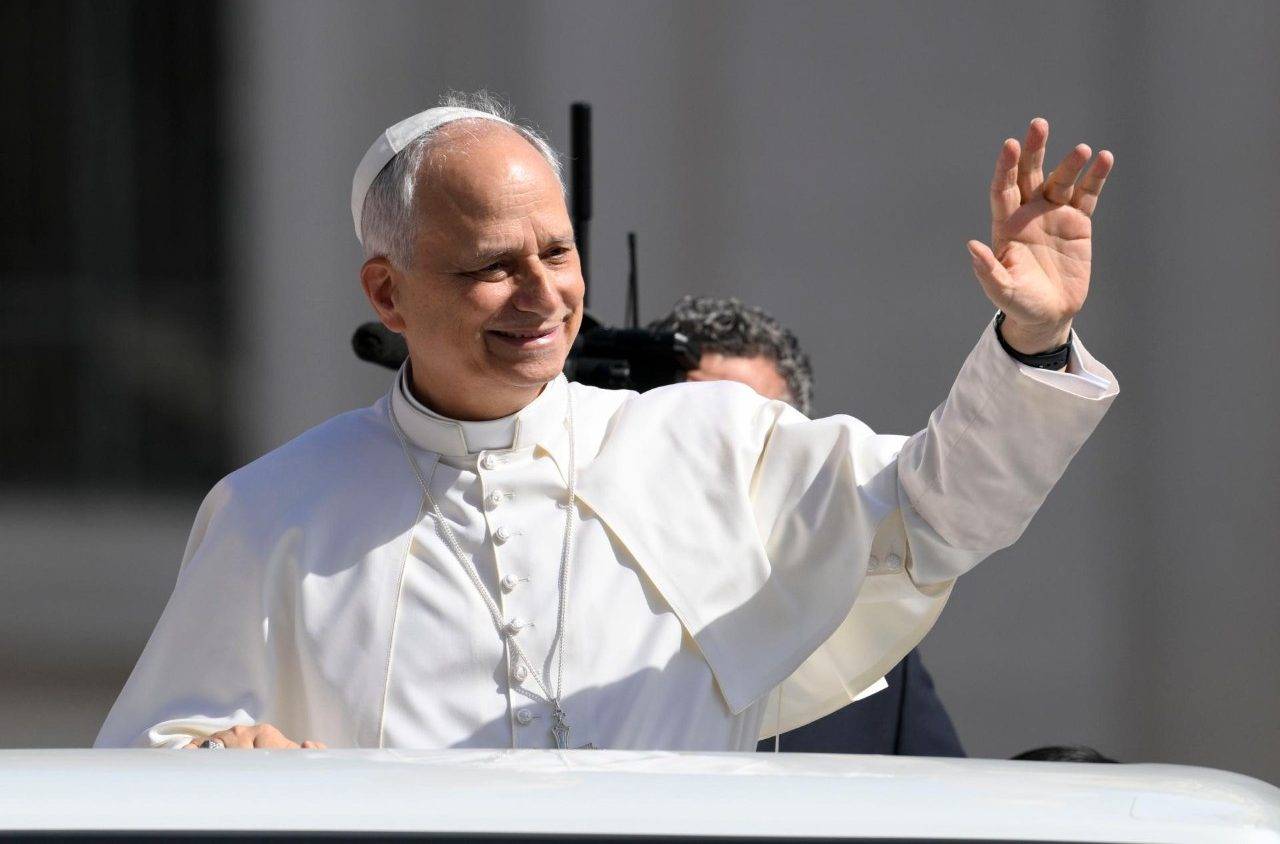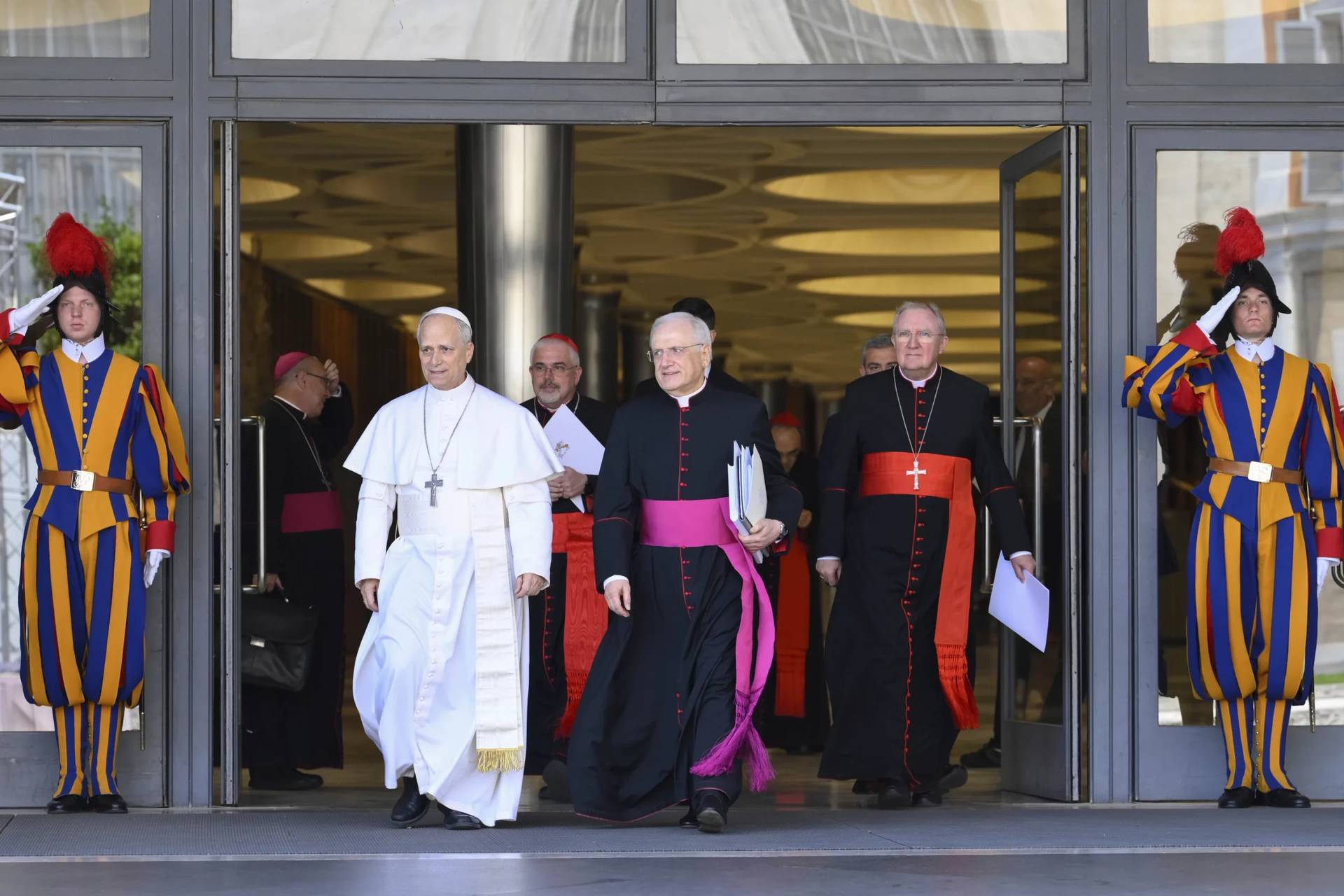In one week, Christian history is supposed to be made on the island of Crete when the leaders of all the world’s independent Orthodox Churches are to begin meeting in a “Holy and Great Council” for the first time in a millennium.
“Supposed to” being the key phrase, in light of the latest hints of potential disaster.
- One of those 14 independent (the technical term is “autocephalous”) churches, in Bulgaria, has announced it’s not coming.
- Another, the Patriarchate of Antioch, has threatened to boycott.
- The Serbian Orthodox Church says it wants the gathering to be a “consultation,” not a council.
- The Russian Orthodox Church is holding an emergency meeting of its Holy Synod on Monday, which may be a prelude to Moscow seeking to throw its weight around vis-à-vis the official convener in the Ecumenical Patriarchate of Constantinople.
In other words, on the eve of what one leading Orthodox cleric loosely has termed their “Vatican II,” it looks like the whole thing might unravel.
In all honesty, that shouldn’t be surprising. There’s a reason the Orthodox churches haven’t gotten together since the split between East and West in 1054, which is that they often don’t work and play well with each other. Each church guards its prerogatives jealously, and traditionally there’s been considerable suspicion about the others.
The idea that such a council would come off without a hitch was always a fantasy, and the only startling part is that it’s taken this long for the crisis to erupt.
Despite it all, Constantinople has issued an appeal to all Orthodox leaders to come, and a “messaging committee” for the council began its work last Thursday, describing its mission as affirming “collective roots despite a rocky history, which stretches across hundreds of years and unimaginably diverse cultures.”
Catholics tempted to see the ferment as evidence of Orthodox immaturity would do well to recall our own checkered history of bishops storming out of councils in a snit. Before the final vote on the dogma of papal infallibility at Vatican I in the 19th century, for instance, 55 opposition bishops signed a protest to the pope, Pius IX, and then packed their bags and left Rome.
(One of the few who stuck around actually to vote “no” was an American, Edward Fitzgerald of Little Rock, who thought declaring the pope infallible would make it harder to convert Protestants. Given that Arkansas today remains almost 80 percent Protestant and just 7 percent Catholic, one understands the concern, though whether that’s the fault of an 1870 dogma is obviously debatable.)
Right now, it appears impossible to forecast what might happen in Crete.
At one end of the spectrum, the whole thing could stall amid internal wrangling, documents could be shelved, decisions could be delayed, and the council could be styled a massive flop.
On the other end, consensus could emerge miraculously around some long-disputed points, Orthodox across the world might sing hosannas, and those bishops who refused to show up may kick themselves for having missed it.
Many Catholics may be tempted to see the council as having nothing to do with them, but that’s a serious mistake. Catholics have an investment in whether the Orthodox get their act together, for three core reasons.
First is a theological consideration. Catholics and Orthodox are not united ecclesiastically, but we’re all baptized Christians, so we’re all part of the Body of Christ.
St. Paul told the Corinthians, “If one part [of the body] suffers, all the parts suffer with it; if one part is honored, all the parts share its joy.” Either that’s just pious rhetoric or not, and the extent to which other Christians care about one of the most important events in Orthodoxy in the last 1,000 years seems a good test of which it is.
Second, a top priority of the Catholic Church for the last 50 years has been ecumenism, meaning the press for greater Christian unity. Aside from the Gospel imperative “that all may be one,” the commitment is also a practical recognition that it’s tough to preach unity to the world as long as Christians are divided among themselves.
Catholicism’s outreach tends to begin with the Orthodox, because the rupture between East and West is the primordial Christian schism, and also because Catholics have more in common ecclesiastically and sacramentally with the Orthodox than many other Christian denominations.
One chronic headache, however, is that there’s no one who can really speak for the entire Orthodox tradition, and the various Orthodox churches aren’t on the same page. The Patriarchate of Constantinople, the traditional “first among equals,” is generally quite open ecumenically, but the same can’t always be said of Greece, for instance, or the Russians.
The more the Orthodox are unified, the easier ecumenical dialogue will become.
Third there’s a political motive. The Vatican styles itself as a voice of conscience in global affairs, and it’s come to understand that it’s easier to move the ball if it can speak on behalf of a broad Christian and religious coalition.
Forging those partnerships with Orthodox churches, however, sometimes is complicated by their strongly nationalistic streak. Try persuading the Patriarchate of Moscow to be critical of Russian policy in Ukraine, for instance, and you’ll get the point.
The more the Orthodox come to see each other, rather than their national governments, as their primary interlocutors, the easier it may be to build a common Christian front. One clear example today of where the churches are already cooperating, but where they could be doing far more, is the defense of persecuted Christians, whose suffering has been described by Francis as an “ecumenism of blood.”
In other words, in June it’s gut-check time for both Orthodox and Catholics.
For the Orthodox, it’s whether they can snatch conciliar victory from what feels, at the moment, perilously like defeat.
For Catholics, it’s whether we can look past our own internal dramas for a moment to see the fairly large stake we’ve got in somebody else’s. We can’t dictate the results, but we can at least acknowledge they matter.















